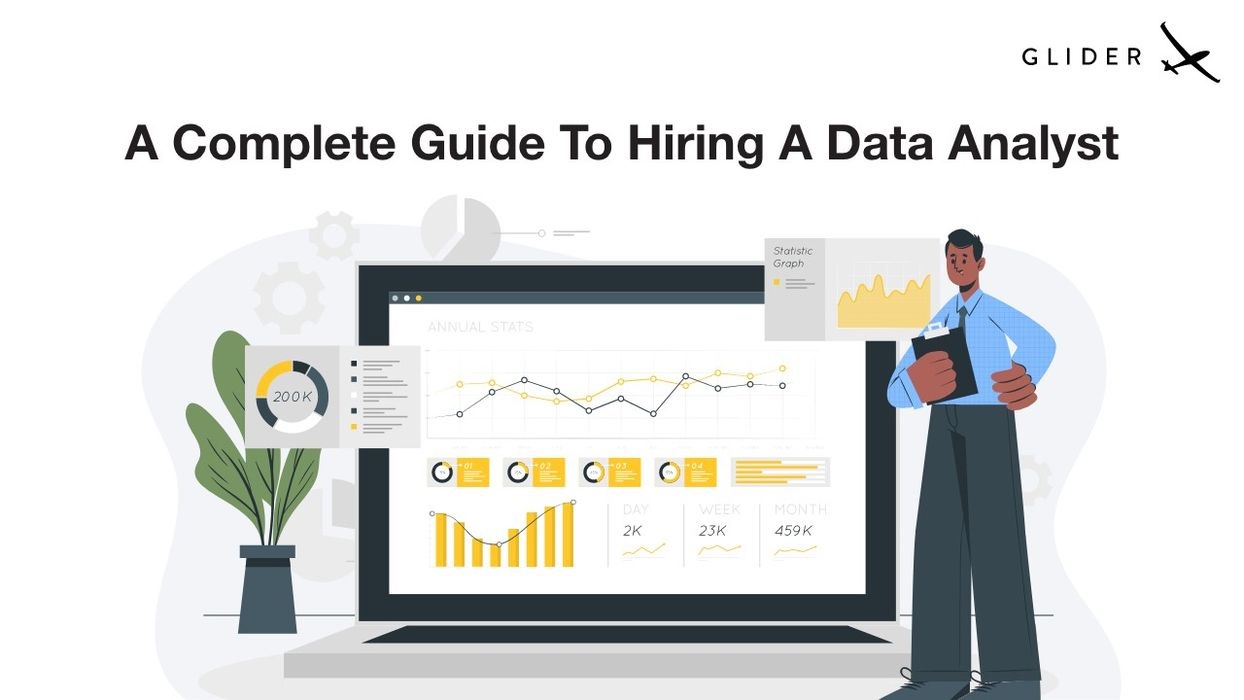
Make talent quality your leading analytic with skills-based hiring solution.

A data analyst interview throws light on the core of every statistical analysis for any company. Data handling is the backbone of a company’s strategic algorithms. With the increase in the popularity of data analytics and data manipulation over the years, the admiration for data analysts has reached new heights. Many may argue about the role of a data analyst, but they are responsible for all the statistical analysis needed to make strategic decisions for the betterment of the business.
You may ask what does a data analyst do? Depending on the company, a data analyst may have to perform an abundance of duties apart from statistical analysis. The role gets specialized based on the business. For instance, a data analyst from a software company will perform duties that may sound different to a data analyst from a finance company.
The field of analytics has grown substantially and along with that, the demand for data analysts and researchers has also increased. It is hard to find the perfect analyst amongst the vast pool of talented analysts, and most employers struggle when it comes to hiring and conducting a data analyst interview.
Let’s take a look at how it can be done effectively and productively.
Data analysis is the phenomenon of handling and modeling data in an order to generate the best possible strategic planning that would be effective in making the business expand. The main purpose of data analysis is to extract useful data through statistical analysis and use it in the decision making.
According to Wikipedia,
“Data analysis is a process of inspecting, cleansing, transforming and modeling data to discover useful information, informing conclusions, and supporting decision-making.”
Data analysis prevails in every sphere of life. No matter how simple the decision may be, we prefer to check all the parameters and data concerning the decision.
In business decisions, data analysis plays a big role because it helps in making better decisions. The theory is simple: for the company to thrive, the employer and the employees need to figure what is wrong and convert the wrongs into the rights. This is what data analysis helps with. All you need is to analyze the prevailing data, modify accordingly, and make the strategy.
There are many types of data analysis:
In other words, who can become a data analyst? A data analyst processes all the datasets and creates strategic business decisions based on the available data. The analyst has to keep tabs on every little detail concerning the business so that nothing gets lost while processing the data.
The individual analyst is responsible to make the best outcome of all the data and create a strategy to execute.
As per Glassdoor, the average annual salary for a data analyst is around $67000. However, that depends on the experience, qualifications, and the company status of the analyst. According to IBM, the annual salary of a data scientist is around $95000, while that of a data analyst is $106000.
With all things considered, the role of a data analyst is an important one and also, a dignified one. To hold a position as a data analyst, the person needs to have an undergraduate degree or a PG degree in mathematics, science, analytics, computer science, or economics.
Like all other corporate positions, a lot of research goes into what employers look for in a data analyst. The hiring managers need to have a specific recruitment process to hire the best data analyst. The process will follow the same stages as other hiring processes.
The data analyst has to be the “gatekeeper” of all the data that comes in and goes out in the business. He has a specific set of responsibilities that need to be performed when required.
The role and responsibilities of a data analyst may vary from company to company, but in the end, all the data has to be managed by the analyst.
When you are about to hire a data analyst, make sure you have provided the exact role and responsibilities that the employee has to perform, otherwise it will lead to employee dissatisfaction, resulting in a turnover or resignation.
This is a list of all the typical responsibilities that a data analyst performs.
What does a data analyst do? Well, an adequate knowledge of mathematics, coding, and a good understanding of data analysis is essential for starters.
Here is a graphical representation of all the necessary skills that a data analyst must possess.
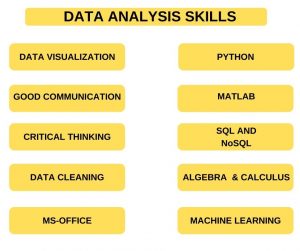
Assessing the skills and knowledge is a tough job. The employer should have a holistic and integrated approach that evaluates all the requisite skills during a data analyst interview.
Glider.ai provides a best-in-class assessment platform that helps you find the best talent and sets you apart from your competition.
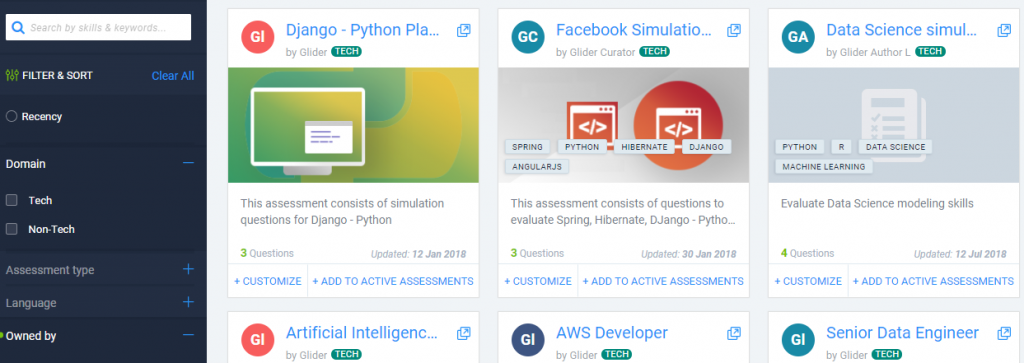
Glider provides real-world simulations that evaluate the candidate’s competencies in all spheres of the workplace environment. The platform converts large data management problems into simpler versions to make the process fast-paced and more efficient. This facilitates the recruiters to assess a large number of candidates within a short period.
The platform assesses the candidates based on the requirements and creates a talent pool of the best candidates for better processing.
Big tech companies such as Facebook, AT&T, Nutanix, Collabera, etc., take the help of Glider.ai as a third-party assessment vendor for their hiring process.
According to Career Guru99 and Medium, these are some of the most asked questions in a data analyst interview. Employers should be following these questions to provide the best interview experience to candidates and hire the best amongst them.
The position of a data analyst is a tough role. Recruiters need to have a standardized and unbiased recruitment process to get the best results. An objective approach that examines the required skills in an efficient and fast-paced manner is guaranteed to give desired results.
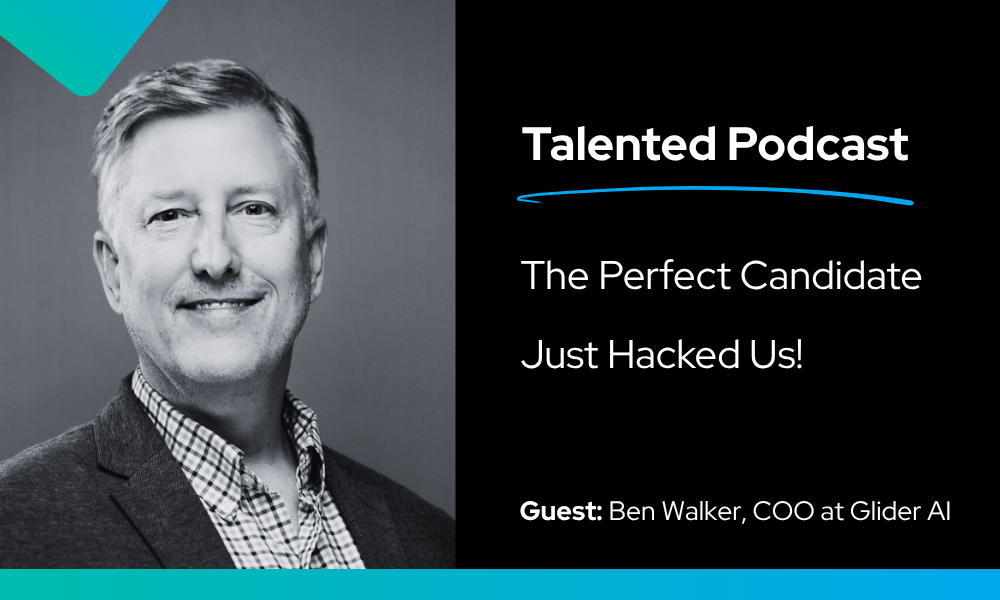
“The Perfect Candidate Just Hacked Us”: Inside the Global Playbook of Hiring Fraud That 100% test score might be your biggest red flag. Enterprise breaches don’t always start with phishing emails; sometimes, they start with a fake job interview. In this episode of Talented, Joseph Cole sits down with COO Ben Walker to unpack one […]
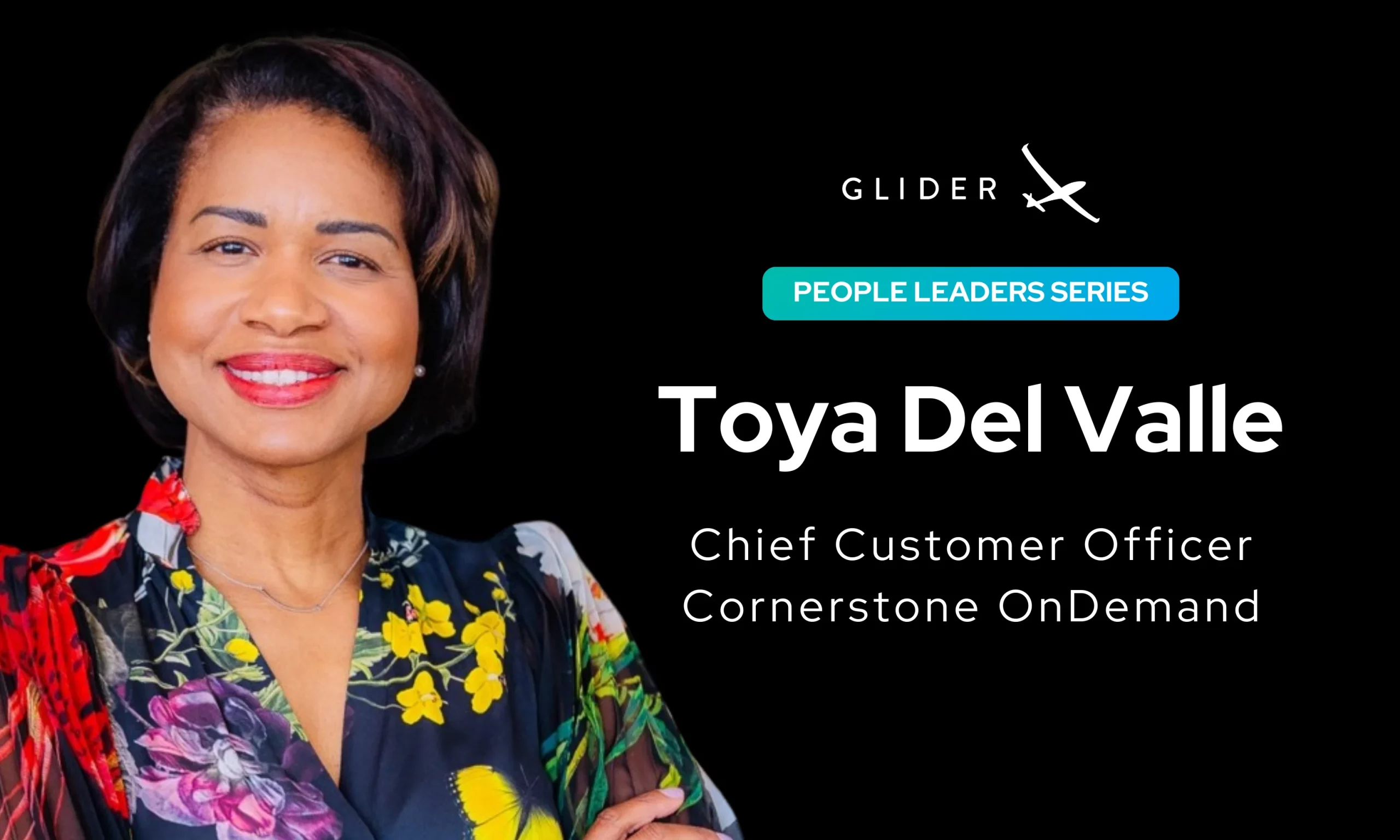
Can HR Stop Playing Buzzword Bingo with Skills and AI? If you’re an HR or TA practitioner or work in HR Tech in any capacity, AI and Skills-Based Hiring is what everyone is talking about. The problem? All the talk is diluting the importance of two very interrelated topics. Glider AI sponsored the Transformation Realness […]
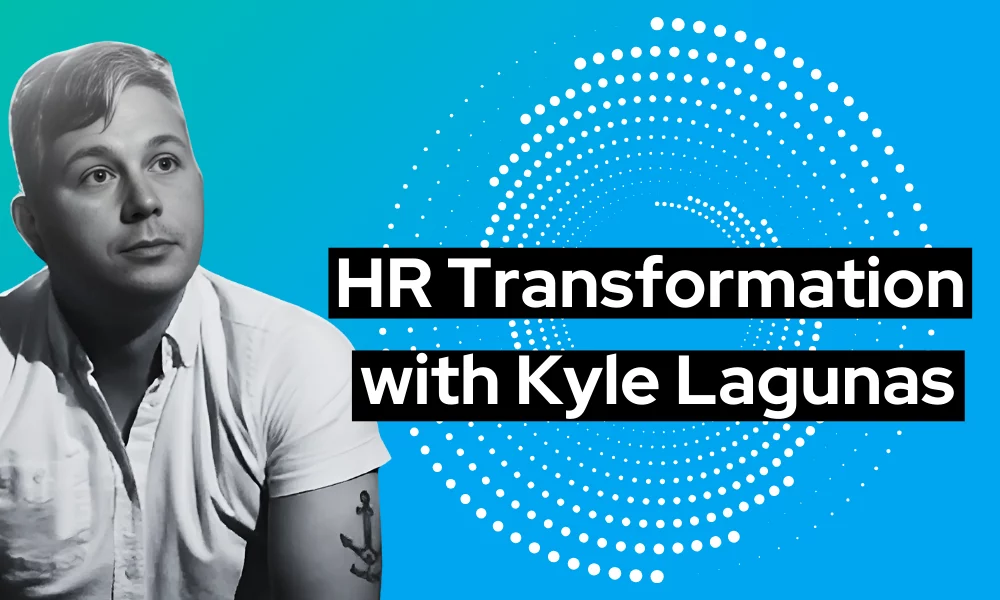
Q&A with HR/TA Analyst Kyle Lagunas The traditional playbook that was HR is being rewritten. AI is reshaping work, skills-based strategies are transforming hiring, and HR teams are under pressure to deliver more with less. HR isn’t just about managing people anymore—it’s about engineering the future of work. In this Q&A session, Kyle Lagunas and Joseph […]